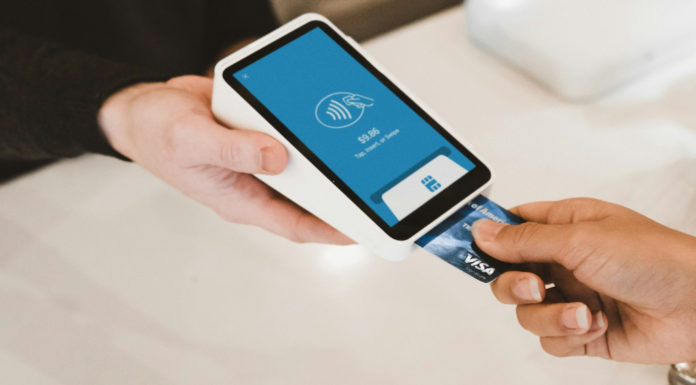Your business credit score tells lenders, suppliers, insurance companies, and other businesses what they can expect from you financially.
If your business has a high score, it is considered a low-risk organization with good financial standing and capable of paying off debt. You’ll be able to get loans with good terms, and other businesses will be willing to give you enough time to make your payments.
But if your credit score is lower than what they expect, you’ll be seen as a high-risk entity and unable to negotiate the terms you want.
So, keeping a close eye on your score (and trying to keep it high) is essential. But can it be done for free? If so, how?
Read on to know more.
What is a Business Credit Score?
A business credit report is a summary of your business’s credit history. This is like a personal credit report showing a snapshot of your business’ past credit usage.
Lenders look at your business credit report to determine if you can repay your borrowed money.
Credit reporting agencies look at many of the same things when figuring out your business credit score as they do when figuring out your credit score.
However, some considerations are unique to the business world, like how many employees you have, your industry classification, how long you’ve been in business, etc.
Two top business credit scores, Dun & Bradstreet PAYDEX Score and Experian Intelliscore Plus are measured on a scale of 1-100.
Typical Information You Can Find in a Business Credit Report
- Information about your company, such as the number of employees, sales, who owns it, and its subsidiaries
- Historical data of your business
- Business registration details
- Summary of government work
- Business operational data
- Industry classification and related data
- Public filings, including liens, judgments, and UCC filings.
- Past payment history and the amount in collections
- Number of accounts reporting and details
Why You Must Check Your Business Credit Report and Maintain a High Score
Your business credit report and score impact several financial decisions, like:
- How much credit will a supplier give you for your business
- What repayment terms will your creditor give you
- How much interest you’ll pay
- How much credit a bank or other lender will provide you
- What insurance premiums you’ll pay
What is a Good Business Credit Score?
Unlike consumer credit – which primarily has a standardized credit ranking system – business credit scores can vary based on the reporting company or bureau.
Here are some credit monitoring companies and their respective credit scores that are regarded to be good –
- Dun & Bradstreet: 80 – 100
- Experian: 76 – 100
- FICO: 140 or above
- Equifax: 80 – 100 (This is a good payment index score. Equifax measures two other types of scores – credit risk score and failure risk score)
Can You Check Your Business Credit Score for Free?
Regarding business credit information, business credit monitoring services are not obligated to provide free reports. But some organizations offer free access to some aspects of their credit report.
You can use a combination of these free services to keep track of your business’s creditworthiness.
Services to Check your Business Credit Information for Free
Dun & Bradstreet CreditSignal
What you can get for free:
CreditSignal is a free service from the business credit bureau, Dun & Bradstreet. It lets you know when your D&B credit scores and ratings change and also sends you a monthly report on what’s going on in your business credit file.
Why you should use it:
This free service doesn’t allow full access to all of your D&B reports and scores. However, it can help you see if your score report has changed.
CreditSignal also sends out alerts that can help you figure out how the things you do for your business affect your credit scores. With these alerts, you can avoid making bad credit decisions.
Nav
What you can get for free:
Nav gives a free summary of your business credit report from Dun & Bradstreet, Experian, and Equifax. Based on your Experian Intelliscore, you can also get business credit grades (not the score itself).
Why you should use it:
This kind of second-hand information isn’t as helpful as having your entire business credit report, but it can give you an idea of your creditworthiness and if you need to make any changes.
Creditsafe
What you can get for free:
You can try their free trial to access business credit information, including one free credit report and business credit score.
Specific details about your business and the information you seek determine the duration of your complimentary access.
Why you should use it:
If you want one-time access to your business credit information for free, Creditsafe is an excellent option to do so.
The Bottom Line
There is no way to get free access to all of your business’s credit reports on an ongoing basis.
However, the options mentioned above can help you get partial business credit information for free or do a one-time pull of your full credit report.




































